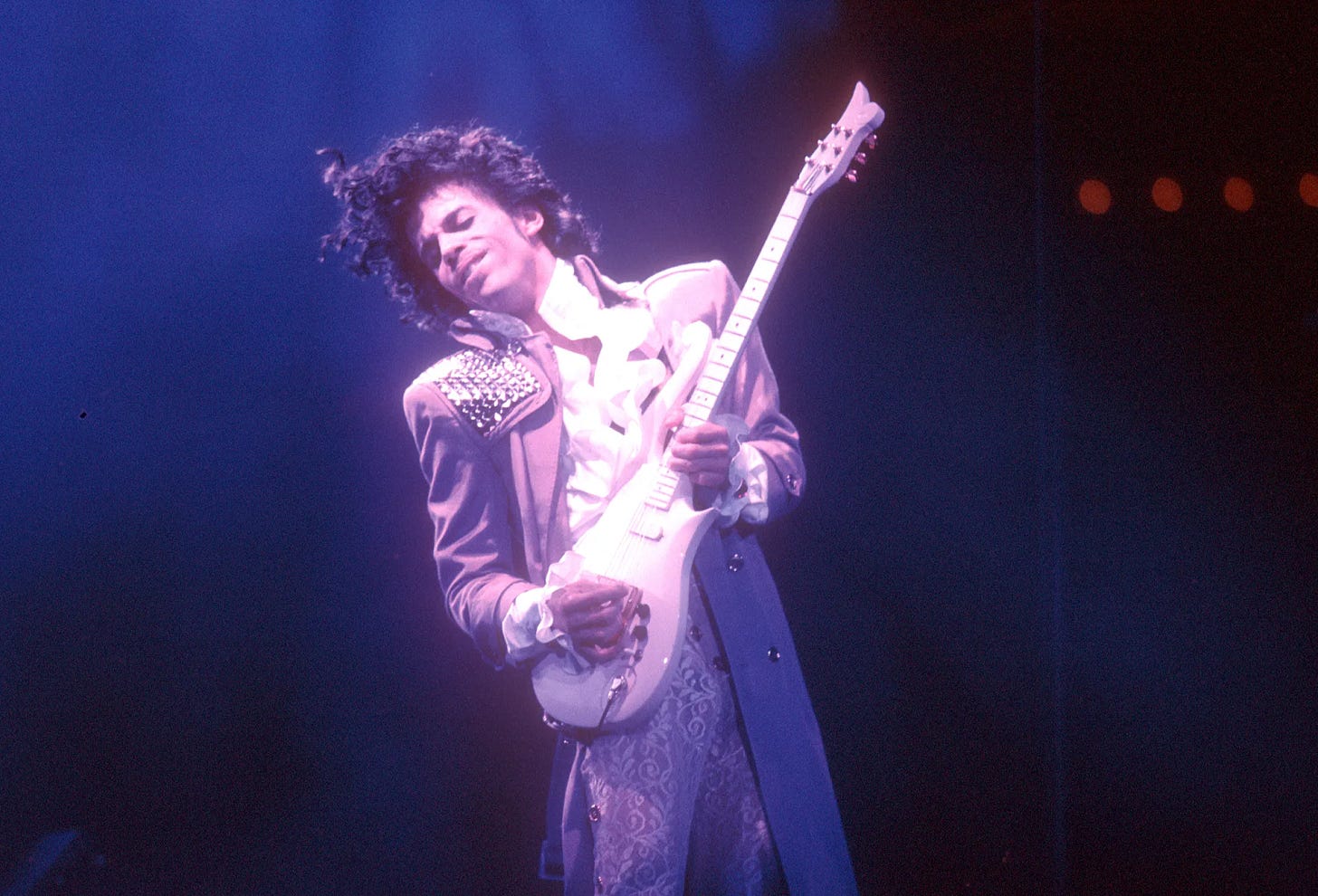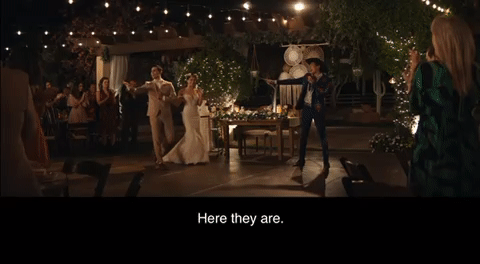I want to preview an idea which is an important component of my upcoming book, A Metarevolutionary Manifesto. This post explores the concept of freedom through the lyrics of “Nothing Compares 2 U”. I highly recommend this video experience before you proceed with this post.
When you write a book such as the one I’m working on, you build in a structure of assumptions based on the meanings of particular words which can potentially signify vastly different concepts. This is the case with “freedom”. I disagree strongly with the modern idea of freedom as it is commonly understood. And I had to do a lot of digging to uncover other writers who used the word/concept in a way that accorded with my own usage.
I previously posted my “nihilism playlist” and one of the songs I included was “Free Bird”. There is no more expedient way to symbolize modern freedom than the bird in flight.
Below, I want to explore another song which puts this “flight-like” freedom in a new, less flattering context. I will refer to this as “modern freedom”, and contrast it with “metamodern freedom”.
The song, Nothing Compares 2 U, makes modern freedom sound positively mournful.
“It's been seven hours and 15 days
Since you took your love away
I go out every night and sleep all day
Since you took your love away
Since you been gone, I can do whatever I want
I can see whomever I chooseI can eat my dinner in a fancy restaurant
But nothing
I said nothing can take away these blues
'Cause nothing compares
Nothing compares to youIt's been so lonely without you here
Like a bird without a song
Nothing can stop these lonely tears from falling
Tell me baby, where did I go wrong?
I could put my arms around every girl I see
But they'd only remind me of you”
Such freedom! Right…?
The Free Bird version of freedom presents this idea as pure, open-ended optionality. In other words, birds can fly and people can’t—the difference is an addition of freedom; birds have possibilities (and therefore freedom) we don’t. End of story. For an excellent account of how this version of freedom is essentially synonymous with power, consider the work of D.C. Schindler. For now, it is enough to say that modern freedom, as opposed to past (and maybe future) versions of freedom is an absolutizing of means, and total severance from ends. Birds are not free, in the modern sense, because their flight is connected to any greater purpose—they are “free” because they can fly. In my book, this topic is greatly expanded, and it becomes clear that modern freedom contains subtexts of power, violence, and nihilism. The quote below is from the current draft of my book:
The flying bird expresses a set of options which the poor, wingless nihilist lacks. Indeed, it seems to sum up the very core of the nihilist’s “nothingism”: If there is nothing, there could be anything; but once you have something, other somethings which were possible become impossible; nothingness is the aspiration of nihilism because it maximizes optionality; nihilistic freedom is nothing—and everything (which is not nothing) is a reduction in the space of pure possibility. The same aspiration towards freedom as open-endedness and the mastery of power and control can be found in Heinz von Foerster’s saying “Act always so as to increase the number of choices.” We shall find that true freedom correlates with a reduction of choices, and an increase in obedience—which sounds utterly backwards from the nihilistic position.
So consider, in contrast to these themes, the lyrics of the song above. The writer has experienced the end of a relationship; and it follows that he now has the option to do anything, date anyone, eat his dinner wherever he wants, and so on. Modern freedom makes this seem like a categorically good thing—he has more (modern) freedom than he did seven hours and thirteen days ago.
Metamodern freedom, on the other hand, says that his freedom has been diminished. Why? Because this type of freedom depends on ends more than means. If one wishes to be with someone who has left, he is less free—not because of the reduction of optionality, but because of the reduction of meaningful ends to which one may be oriented. I think it’s interesting that this song uses a “songless” bird rather than a flightless bird to concretize this notion of unfulfilled potential. He is not free as a bird; he is a songless bird, a bird forgetting how to be a bird. Having no one to love (no one to sing to) makes modern freedom seem like a cruel joke rather than an aspiration. Metamodern freedom is the unbounded and always-incomplete ascent to self-realization—the discovery of one’s true self and thus the internalization of purpose.
The ascent of modern freedom in the individual is a pointless accumulation of the power to choose, concurrent with the diminishment of any meaningful choices. A theoretical metamodern freedom in the individual is a profound process of orientation towards the most meaningful ends to which attention, action, and love can be directed. The latter of these two allows me to find hope in the crevices of silence between the languishing lyrics of Nothing Compares 2 U.
On the other hand, the Free Bird version of freedom, the nearly ubiquitous modern freedom of our present moment, defines itself with choice or possibility. The Nothing Compares 2 U version of freedom, I think, hints at a superior understanding which defines itself with value, meaningfulness, and the ends to which all possibilities are lovingly connected. The greatest freedom is found in obedience to one’s true self. And one of the greatest losses of freedom occurs when one loses the person they love. When nothing compares to you, freedom will never be the same. Means without ends are, strictly speaking, absurd.
“All the flowers that you planted mama
In the back yard
All died when you went away”
We are all impoverished by modern freedom, which says it does not matter for whom the flowers bloom. I think we might find true freedom in the lines quoted above, which hint that it is found in the mutual appreciation and encouragement of purpose—otherwise known as love. A songless bird and a wilted flower are better symbols for the loss of metamodern freedom than is the flightless bird. The option to fly anywhere is not freedom. Freedom is knowing exactly who your song is for—such that, when you sing to her, it is a fulfillment of purpose which can’t be achieved alone.





